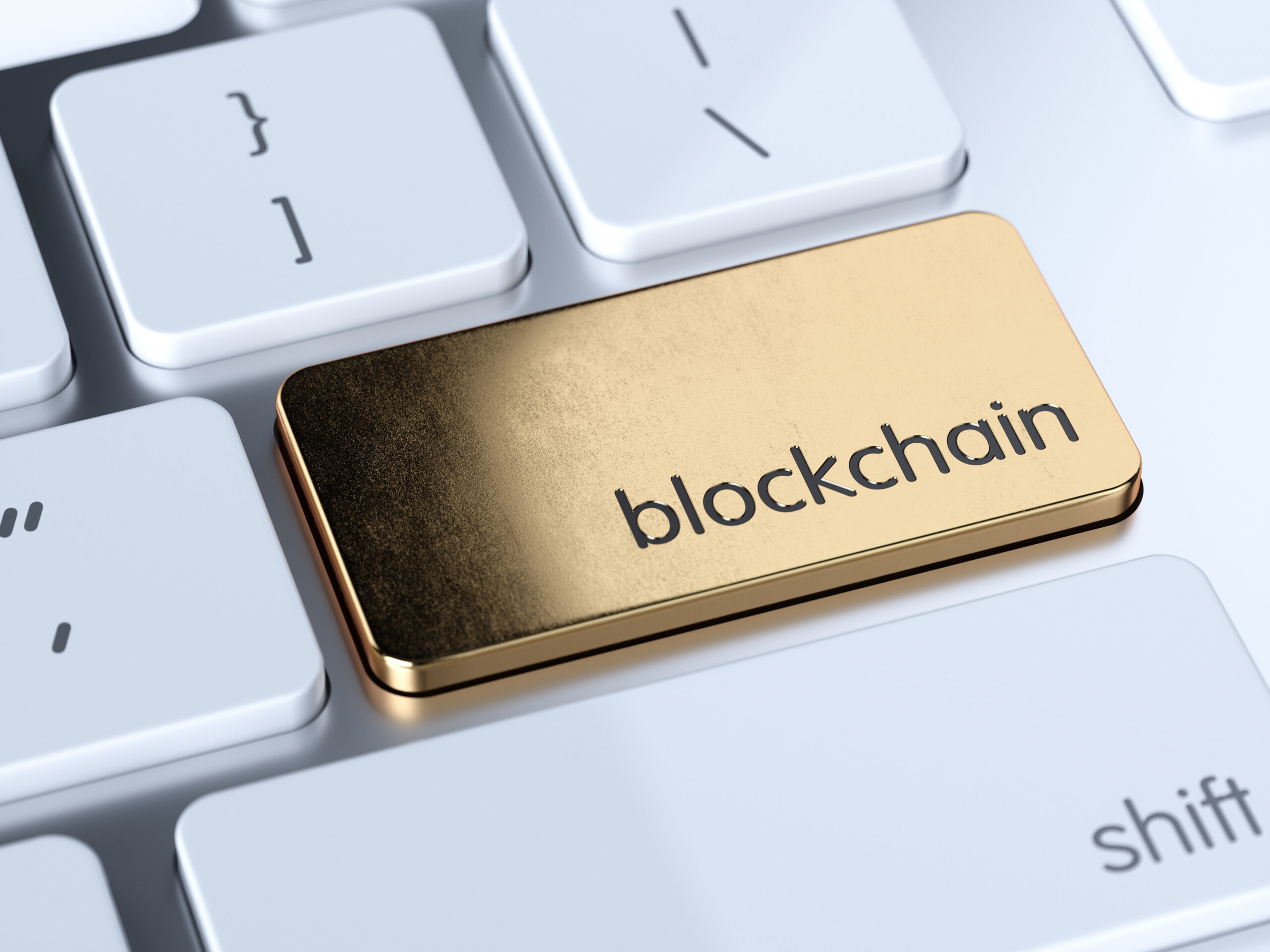JPMorgan Chase & Co has launched its blockchain-based collateral service with the first settlement having already been processed.
BlackRock utilised JPMorgan’s Tokenized Collateral Network (TCN) to convert some of its money market fund shares into digital tokens. These were subsequently sent to Barclays as collateral for a derivatives trade, according to an interview with Tyrone Lobban, head of Onyx Digital Assets at JPMorgan.
It’s one of the few times a bank-developed blockchain application has been commercialised and means the volumes remain small relative to JPMorgan’s broader business. But as the largest US bank by assets, it could mark a shift in traditional finance.
JPMorgan turns to blockchain for faster collateral processing
Onyx Digital Assets, JPMorgan’s blockchain network, can now be leveraged for quicker movement of collateral. In comparison to traditional methods which could take a day, using Onyx means the collateral is moved almost immediately.
When applied at a large scale, this could optimise the use of locked capital, allowing it to be immediately used in other transactions.
Ed Bond, the head of trading services at JPMorgan, highlighted the future potential of the blockchain. He stated that the bank hopes to expand the types of assets that clients can use as collateral, potentially incorporating equities and fixed income.
Bond said: “Institutions on the network can use a wider scope of assets to meet any collateral requirements they have on the back of trading.”
After a successful internal trial in May, this blockchain collateral application is now fully operational. There are already other clients and transactions lined up.
Many in the finance sector believe that blockchains can make certain processes more streamlined. In the collateral space, the technology could make it considerably more efficient for institutions to use their money-market fund shares as collateral.
This is because there’s no need to cash them in, as is the norm with conventional methods, making the entire process swifter and potentially minimizing risks during market turbulence.
JPM Coin
Committed to the crypto space, JPMorgan has its own JPM Coin. It’s a system designed for clients to make dollar and euro-denominated payments using blockchain.
Since its inception, the bank has processed around $300 billion through JPM Coin.
JPMorgan is exploring other blockchain avenues for JPM Coin, including a potential digital deposit token for faster international settlements.
As of now, it is only a fraction of JPMorgan’s daily transactions, which total about $10 trillion. But given its capability to process transactions faster than conventional methods, its significance in the bank’s future operations could increase.
JPMorgan’s Chase to ban crypto
But not all sides of JPMorgan’s business is crypto friendly. Its digital bank Chase is gearing up to implement a ban on crypto payments for its UK-based customers. This is set to come into force on 16 October.
In an email to its clients, the bank said: “If we think you’re making a payment related to crypto assets, we’ll decline it.”
Chase said that customers can turn to other banks to invest in their cryptocurrency portfolios.
In its email, Chase added: “We’ve made this decision because fraudsters are increasingly using crypto assets to steal large sums of money from people. Declining these payments is one of the ways we are helping keep you and your money safe.”


